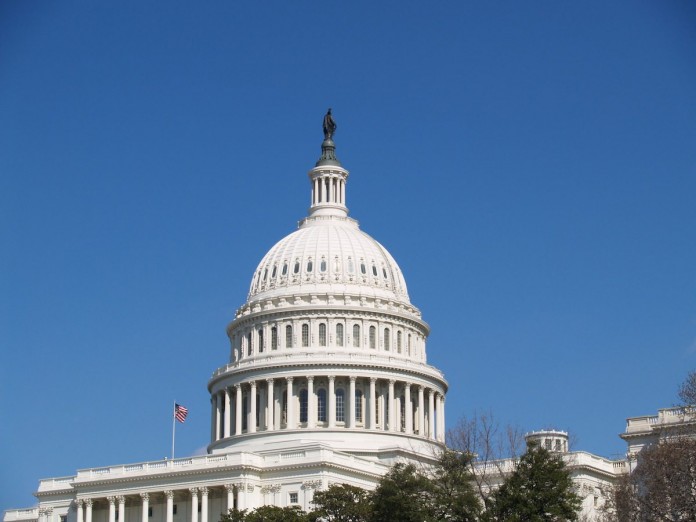The stopgap funding bill to keep the U.S. government open included a one-year extension of the 2018 farm bill.
The farm bill, passed every five years, funds farm subsidies, crop insurance, conservation programs and nutrition programs. Without the extension, some farm programs would have expired at the end of the year.
The spending bill passed by the House on Nov. 14 and the Senate on Nov. 15 funds government functions through Jan. 19. President Joe Biden signed the bill on Nov. 16.
Farm groups praised Congress for the extension, including the American Farm Bureau Federation, National Farmers Union, National Milk Producers Federation and National Cattlemen’s Beef Association.
At the same time, some groups made clear that the work still needs to be done to craft a new farm bill that addresses today’s issues. Though the 2018 farm bill expired on Sept. 30, neither the House nor Senate agriculture committees have released their versions of the 2023 farm bill.
“The current farm bill was written before the pandemic, before inflation spiked and before global unrest sent shock waves through the food system,” said American Farm Bureau Federation President Zippy Duvall, in a statement. “We need programs that reflect today’s realities.”
Both the American Farm Bureau and the National Pork Producers Council urged Congress to finalize a new farm bill in early 2024.










